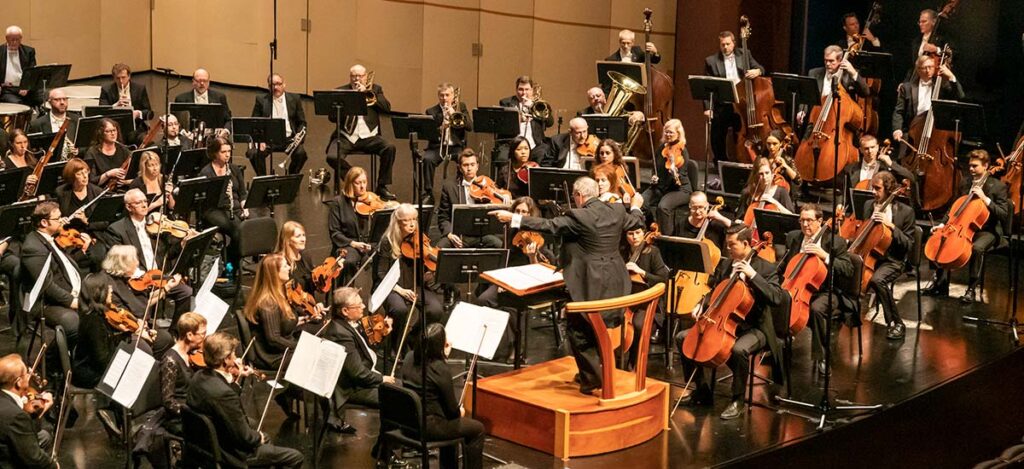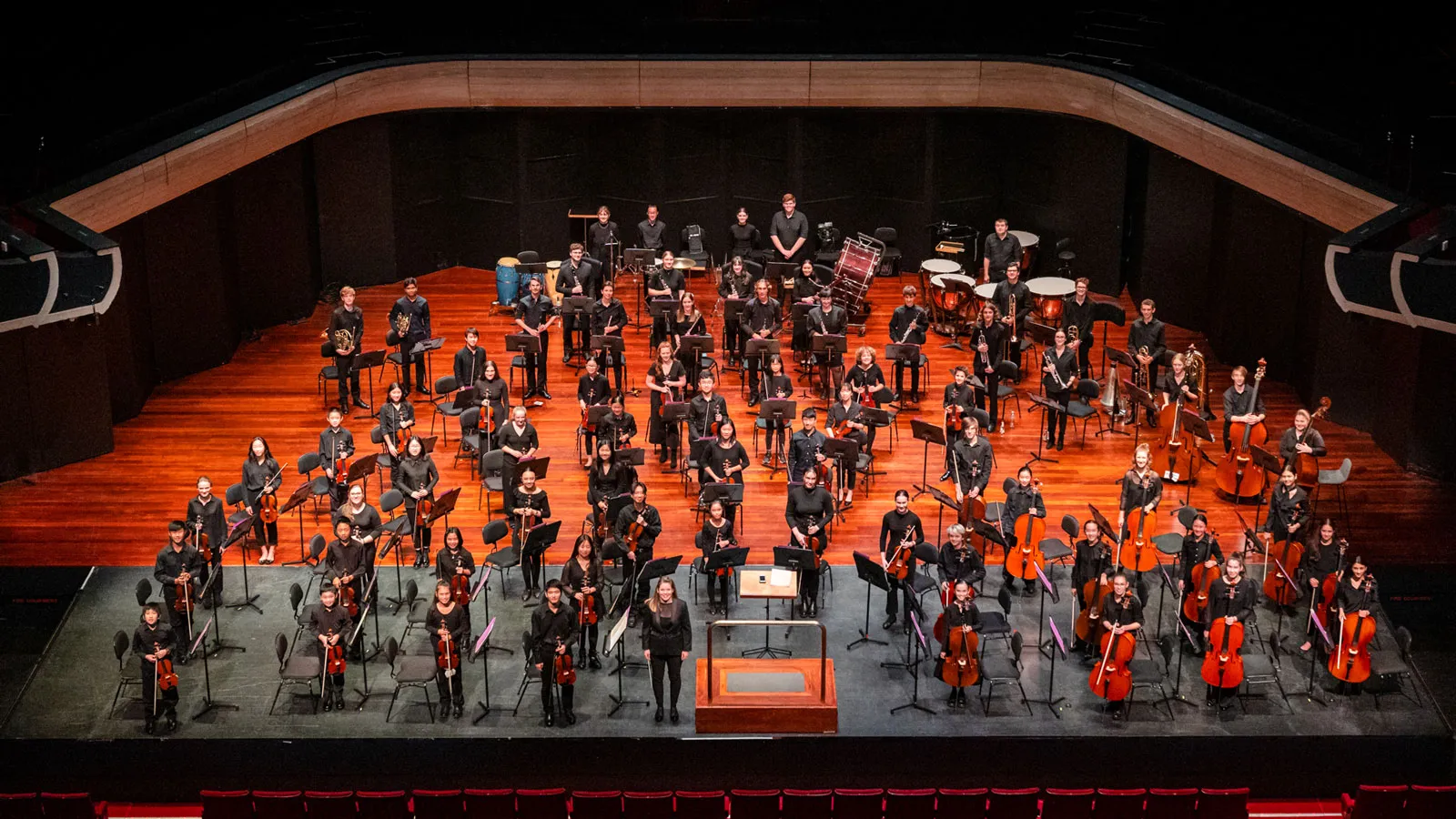Classical music has stood the test of time, captivating audiences for centuries with its timeless beauty and emotional depth. While the genre is rooted in tradition, it continues to evolve and embrace innovation. The Royal Philharmonic Society (RPS) stands at the forefront of this evolution, constantly pushing boundaries and redefining the classical music landscape. In this article, we will delve into the RPS and explore how it fosters continual innovation in classical music.
Founded in 1813, the Royal Philharmonic Society has been a cornerstone of classical music in the United Kingdom. With a rich history spanning over two centuries, the society has consistently championed the finest composers, musicians, and conductors of their time. From its inception, the RPS has strived to promote excellence and innovation within the realm of classical music.
Championing Contemporary Composers
One of the key missions of the RPS is to support and promote contemporary composers. By commissioning new works and organizing dedicated concerts, the society ensures that the classical music repertoire stays relevant and continually evolves. The RPS recognizes the importance of nurturing emerging talents and provides a platform for them to showcase their creations.
Revolutionizing Performance Formats
In addition to promoting new compositions, the RPS has played a vital role in revolutionizing performance formats. Traditional orchestral concerts have been reimagined to attract broader audiences and engage them in novel ways. From intimate chamber performances to cross-genre collaborations, the RPS explores innovative approaches to showcase classical music and make it accessible to a wider demographic.
Embracing Technology

The digital age has brought forth numerous possibilities for classical music, and the RPS fully embraces technology as a means to innovate. Through live streaming, online educational resources, and interactive platforms, the society enhances audience engagement and expands its reach beyond the concert hall. The RPS recognizes the importance of staying current and adapting to the digital landscape to ensure the longevity of classical music.
Supporting Emerging Talent
Recognizing that the future of classical music lies in the hands of emerging talent, the RPS actively supports young musicians through scholarships, mentorship programs, and performance opportunities. By providing guidance and resources, the society nurtures the next generation of exceptional artists, ensuring that classical music continues to thrive for years to come.
Collaborating with Other Art Forms
The RPS believes in the power of collaboration and frequently joins forces with other art forms to create innovative and immersive experiences. Collaborations with dance companies, theater groups, visual artists, and multimedia creators push the boundaries of classical music, creating interdisciplinary performances that captivate audiences and break down traditional barriers.
Education and Outreach Programs
Education and outreach play a fundamental role in the RPS’s mission to make classical music accessible to all. The society actively engages with schools, community organizations, and diverse audiences through workshops, masterclasses, and interactive programs. By fostering a love for classical music at a young age and breaking down perceived barriers, the RPS ensures its continued relevance in the modern world.
Building Global Networks
While rooted in the UK, the RPS understands the importance of building global networks to foster collaboration and cultural exchange. Through international partnerships, tours, and residencies, the society promotes British classical music and engages with musicians and audiences from around the world. By connecting artists across borders, the RPS facilitates the sharing of ideas and the exploration of new musical frontiers.
Nurturing Diversity and Inclusivity
The RPS is committed to nurturing diversity and inclusivity within classical music. Recognizing the importance of representation, the society actively promotes the works of underrepresented composers and musicians. Through targeted initiatives, scholarships, and mentorship programs, the RPS strives to create a more inclusive classical music landscape that celebrates the richness of diverse voices.
Conclusion
The Royal Philharmonic Society stands as a beacon of innovation and excellence in the realm of classical music. Through its commitment to championing contemporary composers, revolutionizing performance formats, embracing technology, supporting emerging talent, collaborating with other art forms, and promoting education and outreach, the RPS ensures that classical music remains vibrant and relevant in the modern era. By nurturing diversity and building global networks, the society paves the way for a more inclusive and dynamic classical music landscape.

Leave a Reply